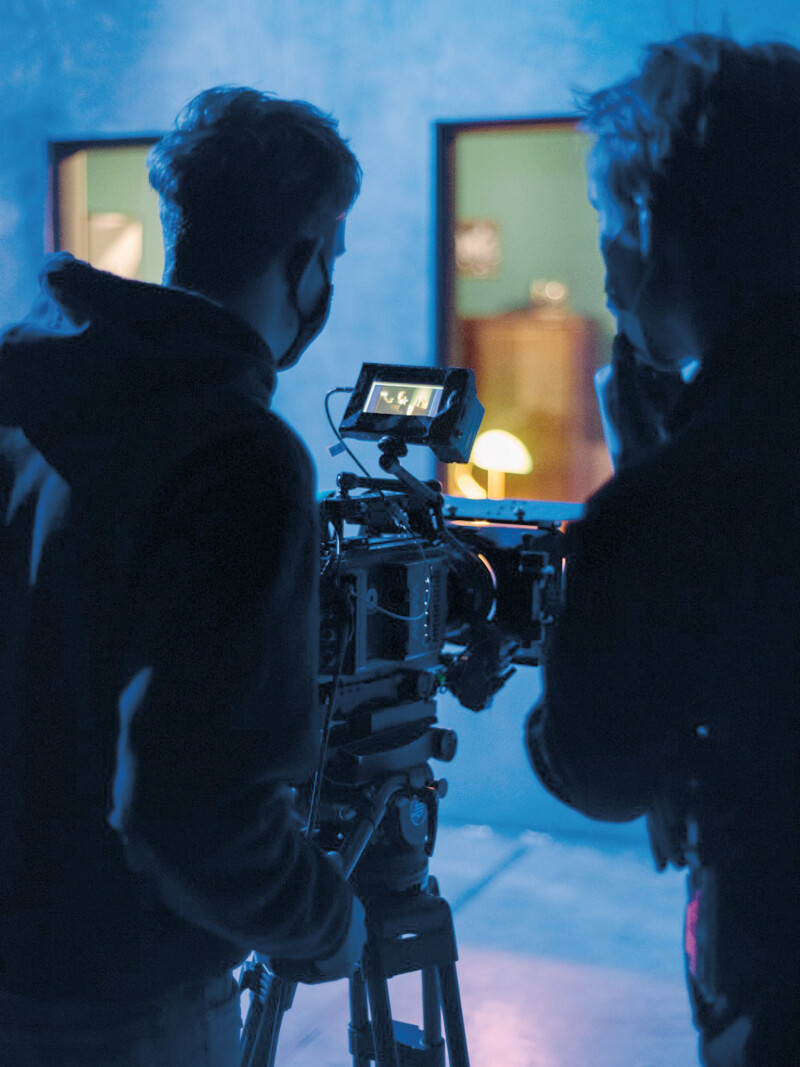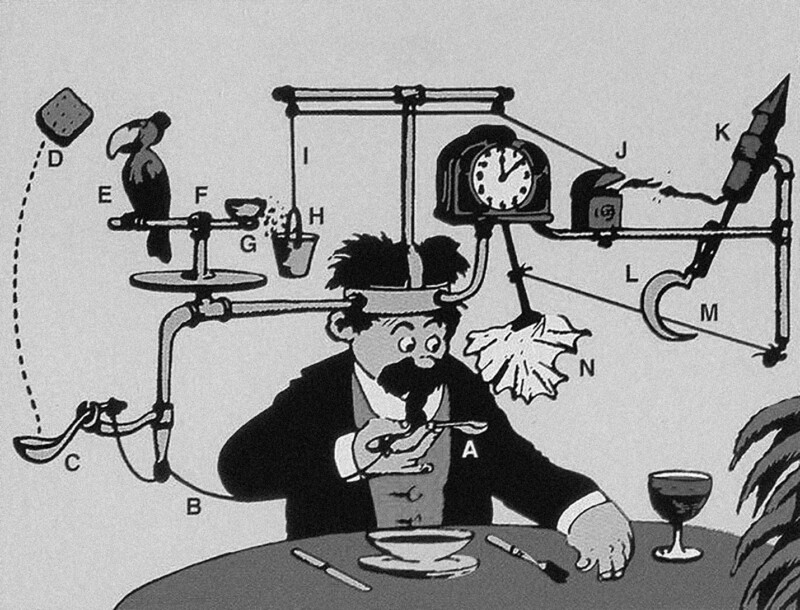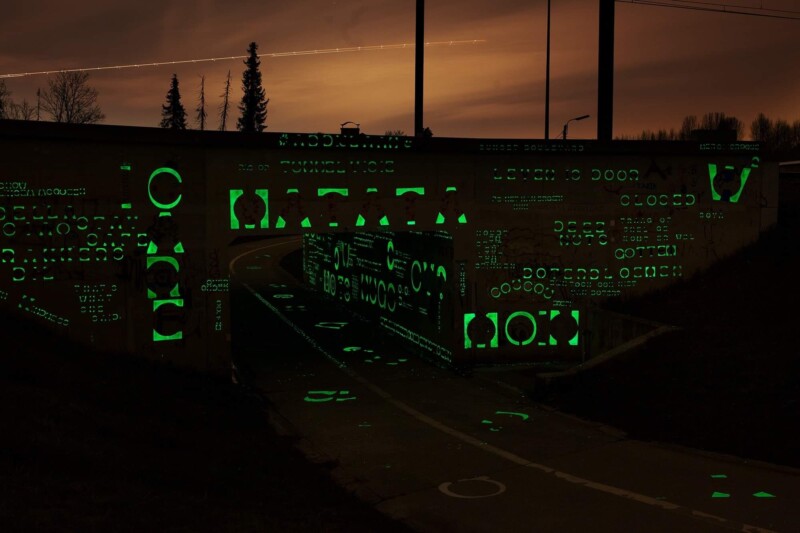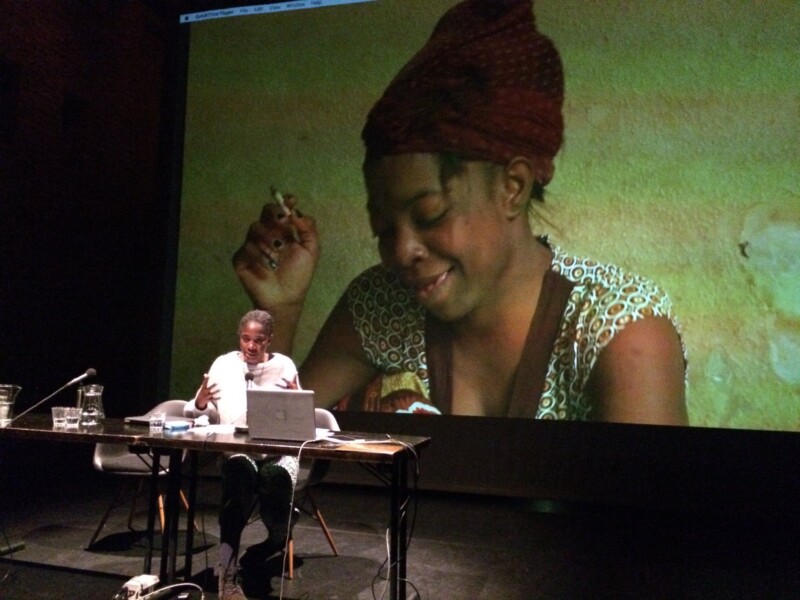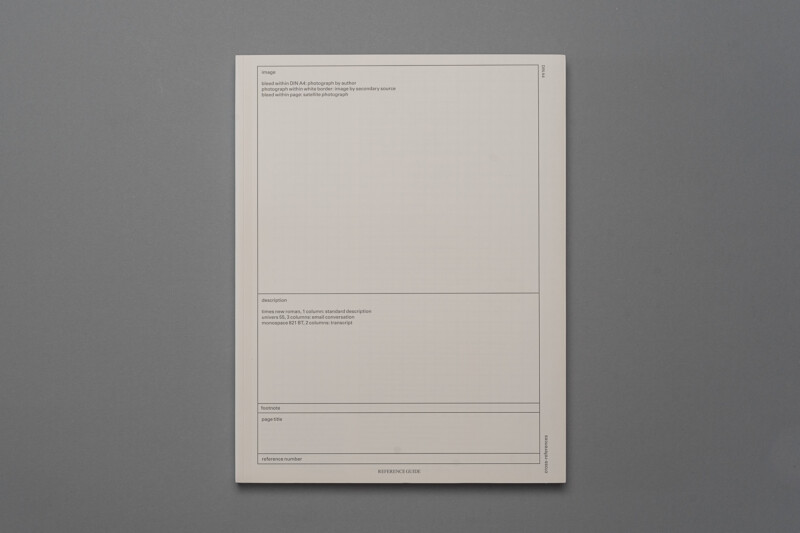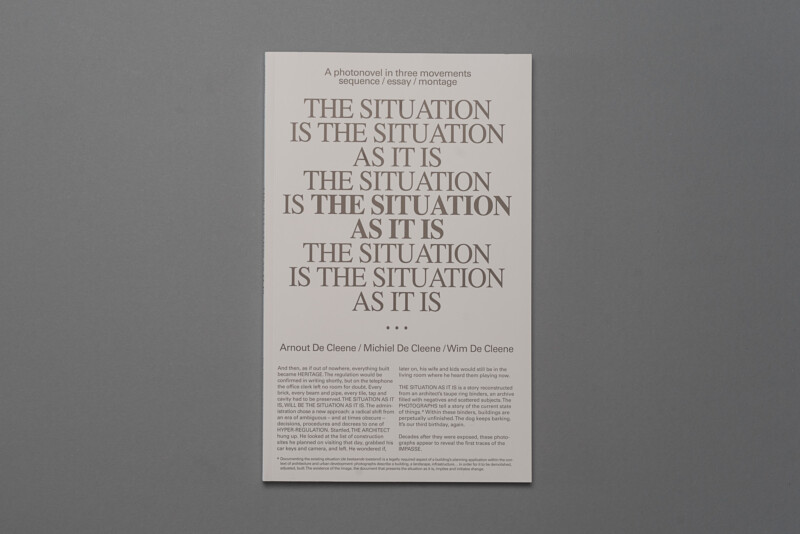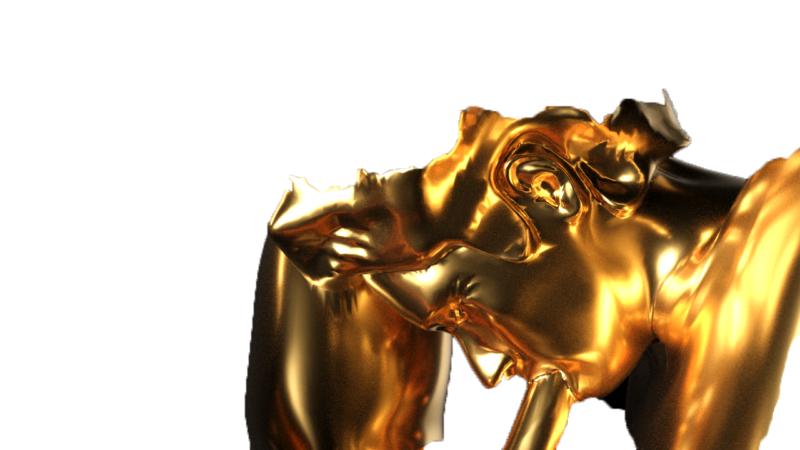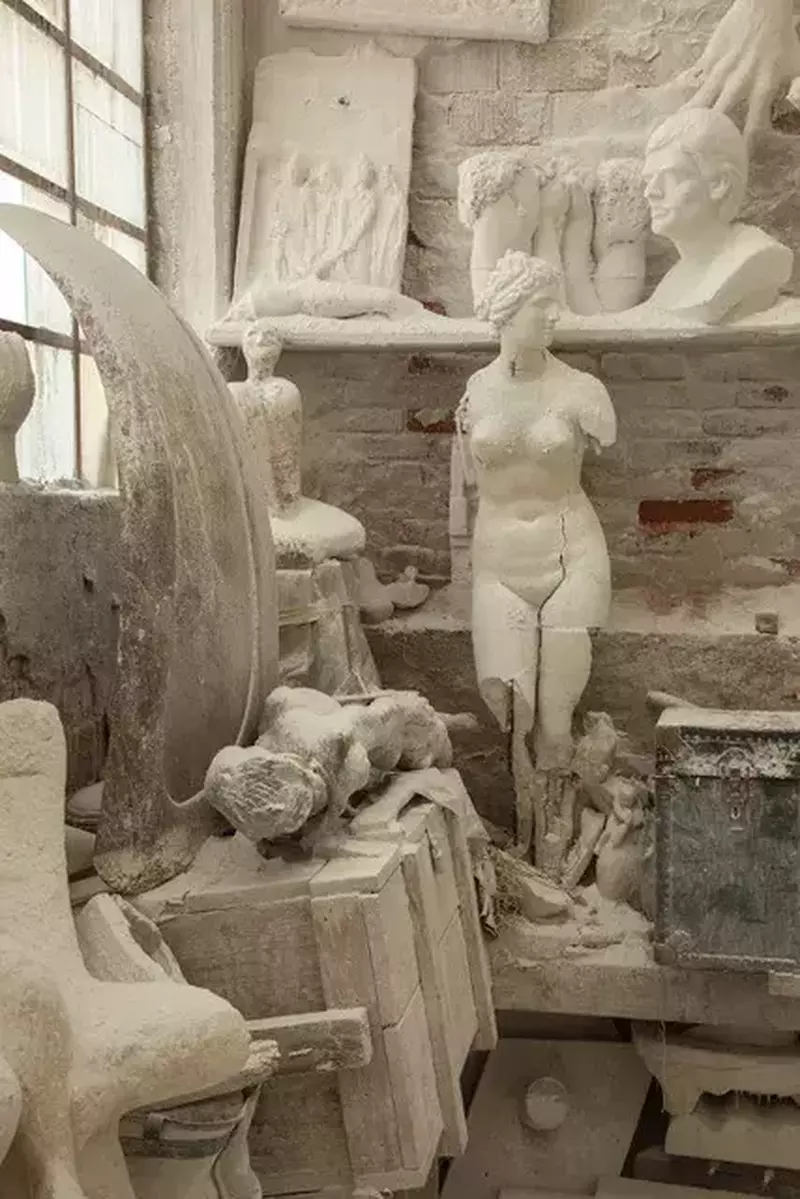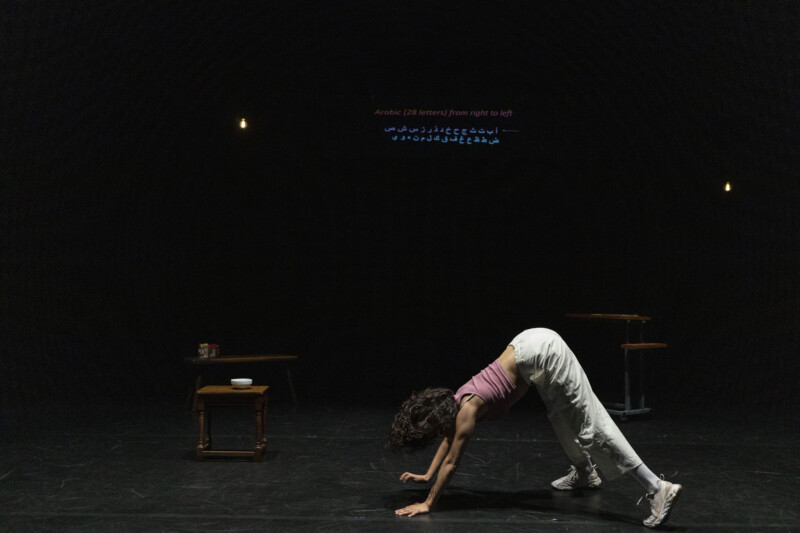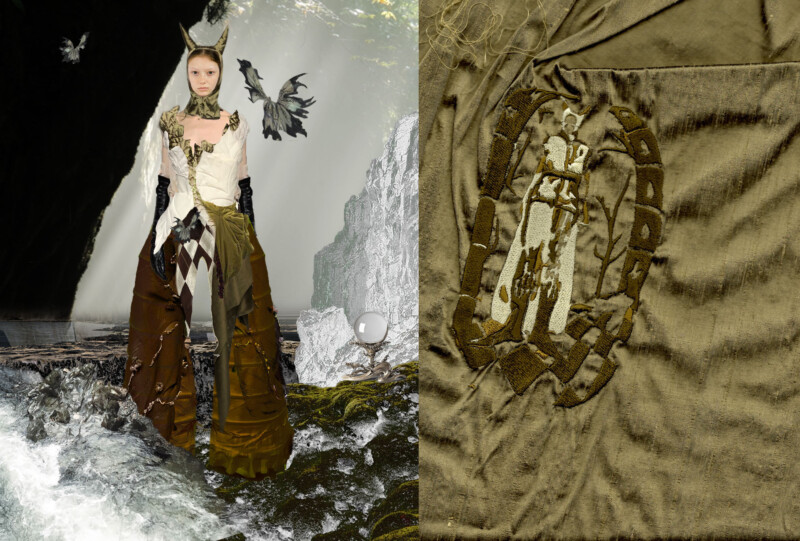Arnout De Cleene & Michiel De Cleene
the-documents.org
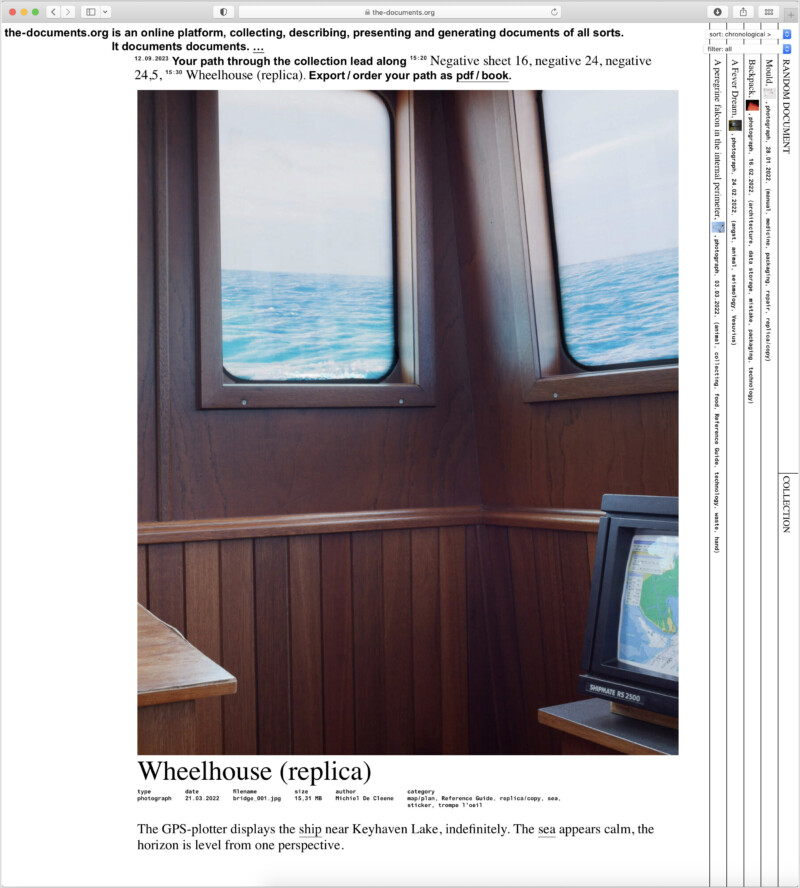
the-documents.org is an online platform, collecting, describing, presenting and generating documents of all sorts. It documents documents. A project by Arnout De Cleene and Michiel De Cleene as a part of the research project Documenting Objects. the-documents.org is designed and developed by atelier Haegeman Temmerman.
What constitutes a ‘document’ and how does it function?
According to the Oxford English Dictionary, the etymological origin is the Latin ‘documentum’, meaning ‘lesson, proof, instance, specimen’. As a verb, it is ‘to prove or support (something) by documentary evidence’, and ‘to provide with documents’. The online version of the OED includes a draft addition, whereby a document (as a noun) is ‘a collection of data in digital form that is considered a single item and typically has a unique filename by which it can be stored, retrieved, or transmitted (as a file, a spreadsheet, or a graphic)’. The current use of the noun ‘document’ is defined as ‘something written, inscribed, etc., which furnishes evidence or information upon any subject, as a manuscript, title-deed, tomb-stone, coin, picture, etc.’ (emphasis added).
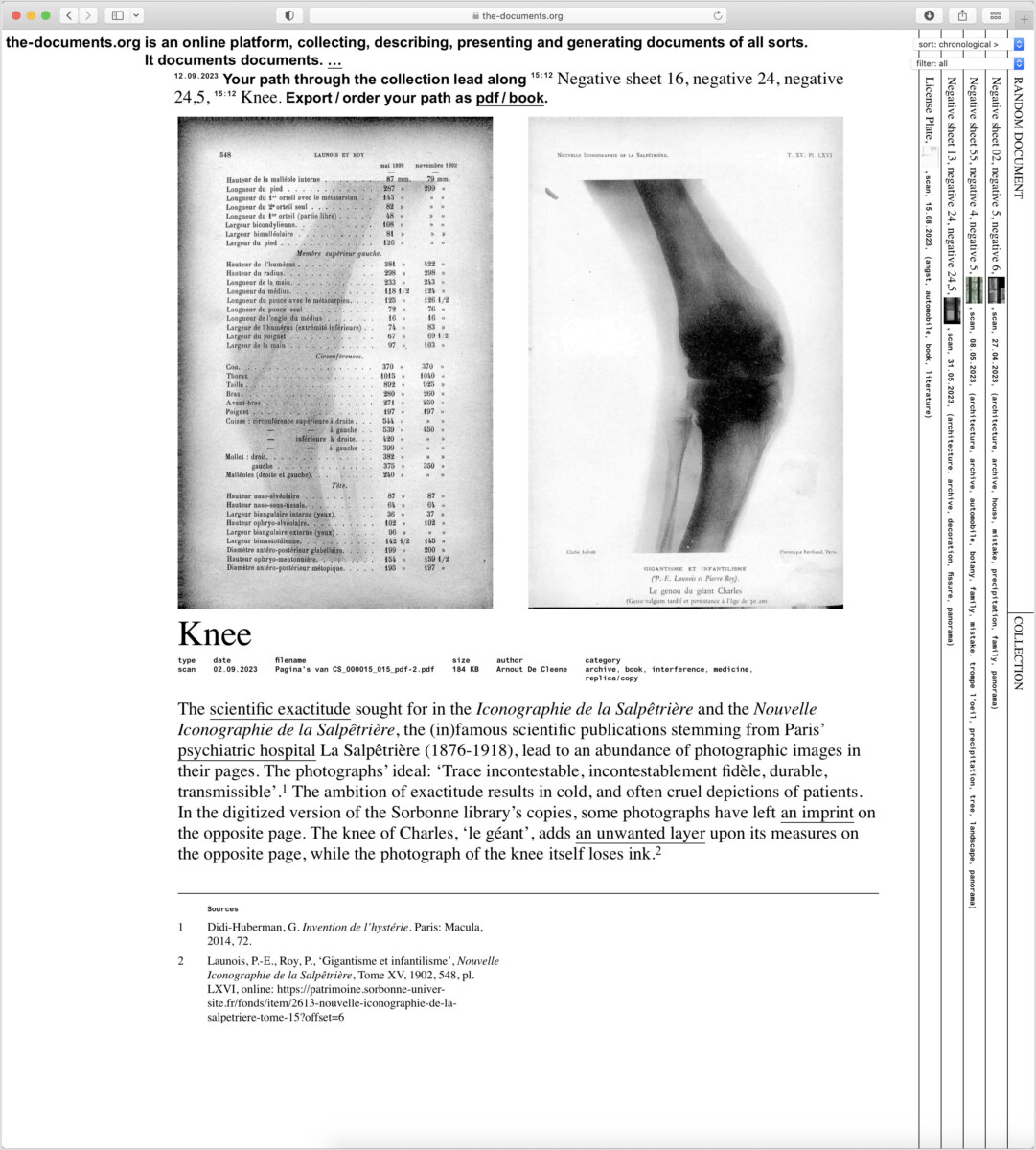
Both ‘something’ and that first ‘etc.’ leave ample room for discussion. A document doubts whether it functions as something unique, or as something reproducible. A passport is a document, but a flyer printed in offset equally so. Moreover, there is a circular reasoning: to document is ‘to provide with documents’. Defining (the functioning of) a document most likely involves ideas of communication, information, evidence, inscriptions, and implies notions of objectivity and neutrality – but the document is neither reducible to one of them, nor is it equal to their sum. It is hard to pinpoint it, as it disperses into and is affected by other fields: it is intrinsically tied to the history of media and to important currents in literature, photography and art; it is linked to epistemic and power structures. However ubiquitous it is, as an often tangible thing in our environment, and as a concept, a document deranges.
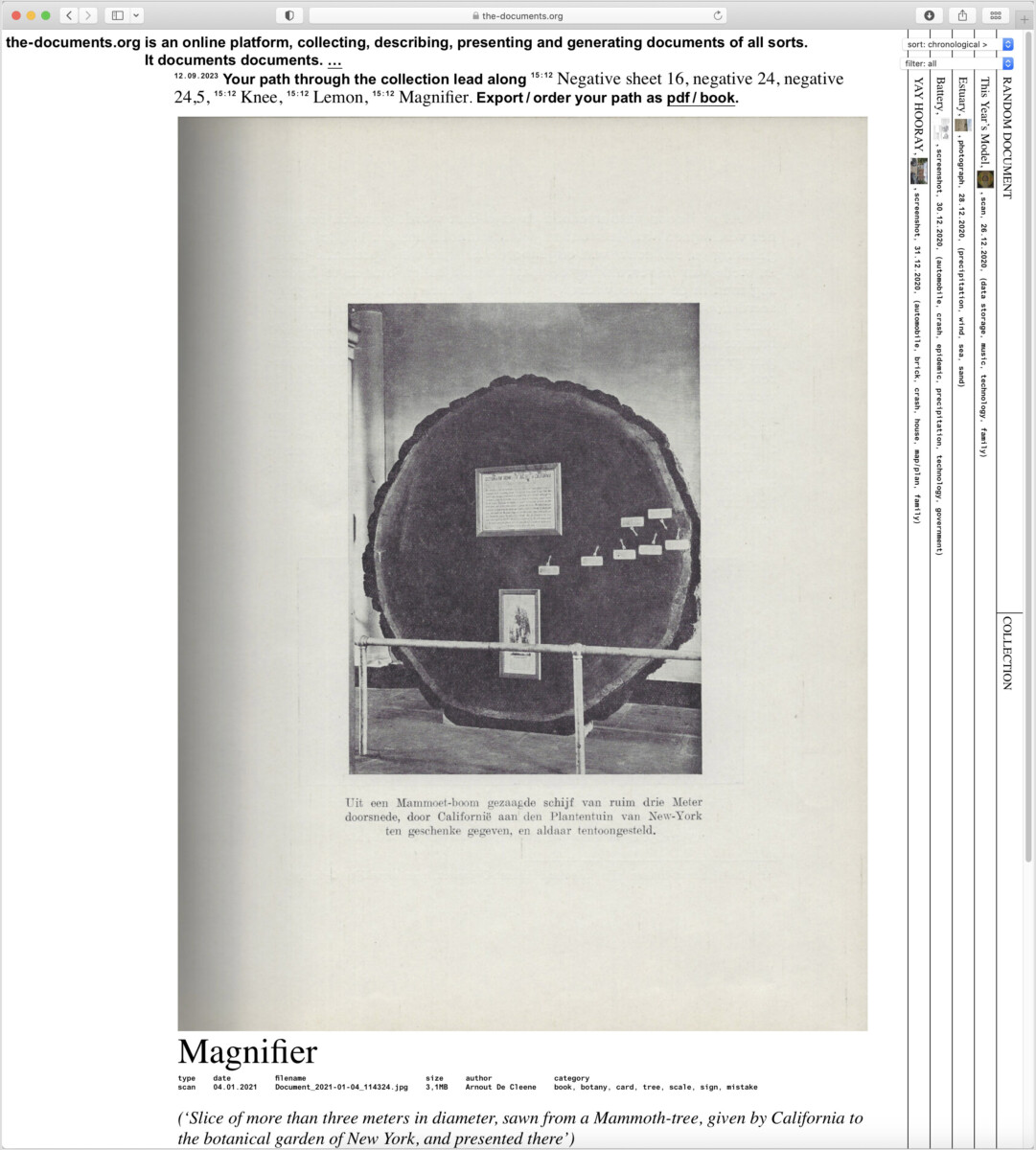
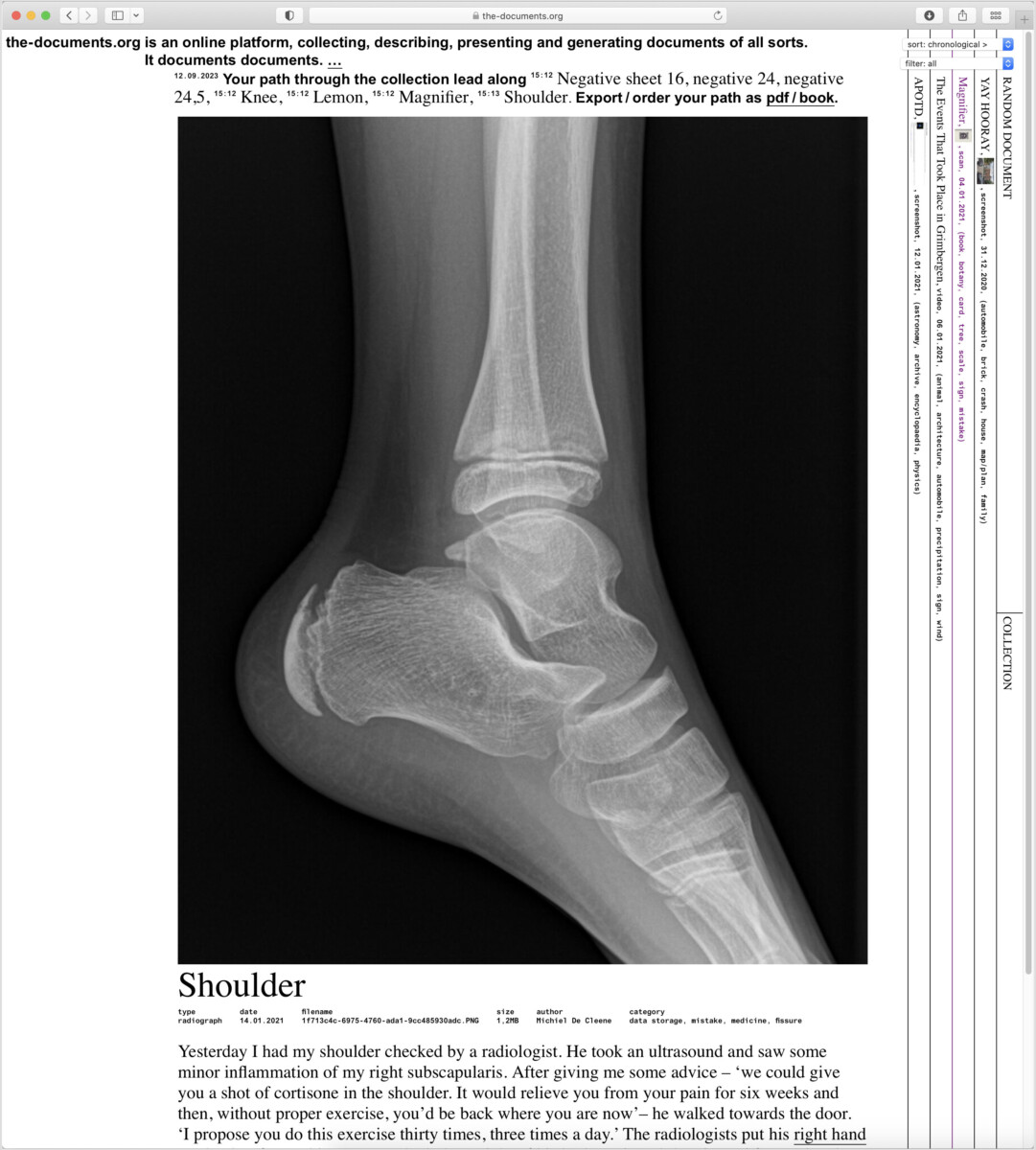
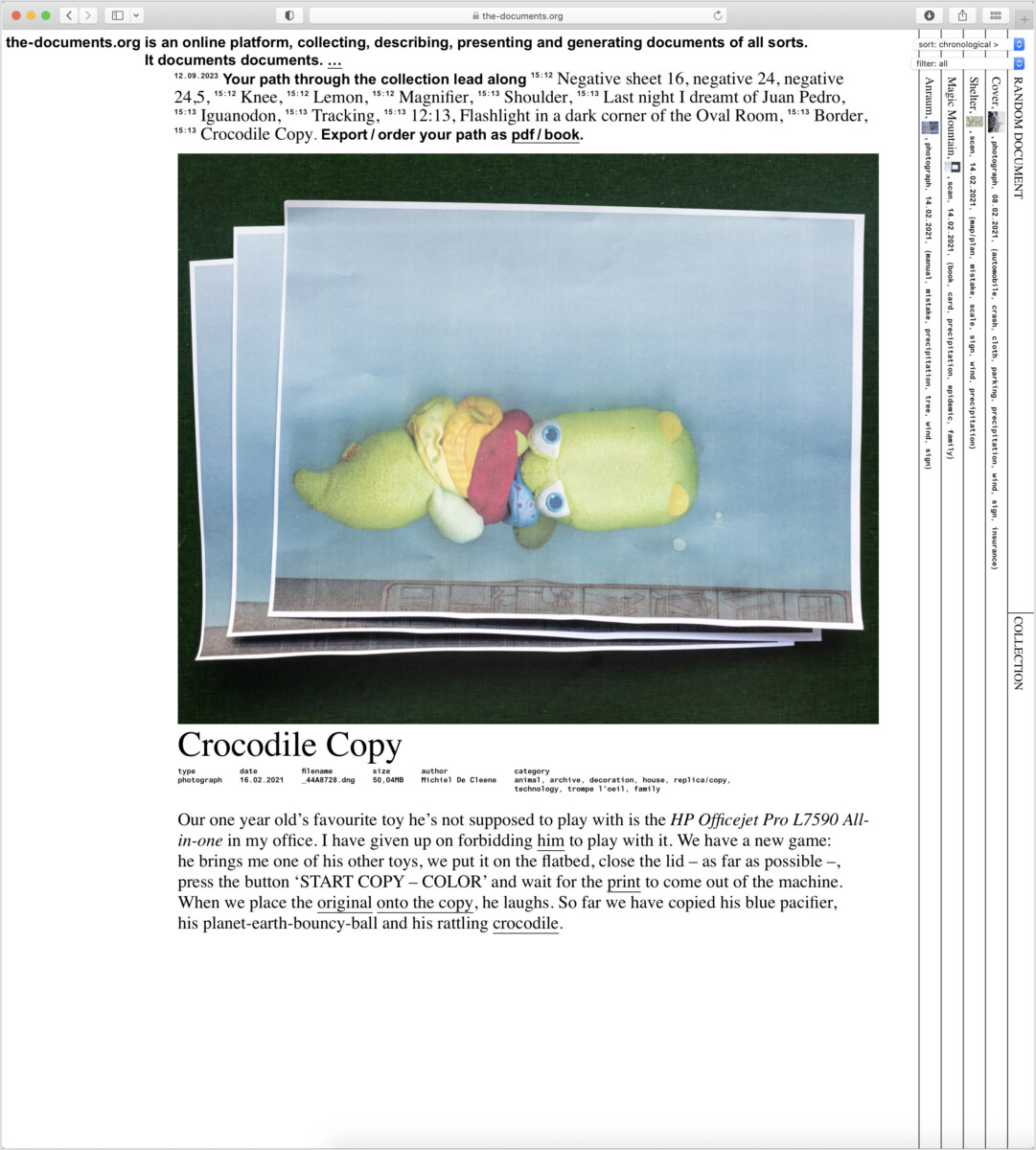
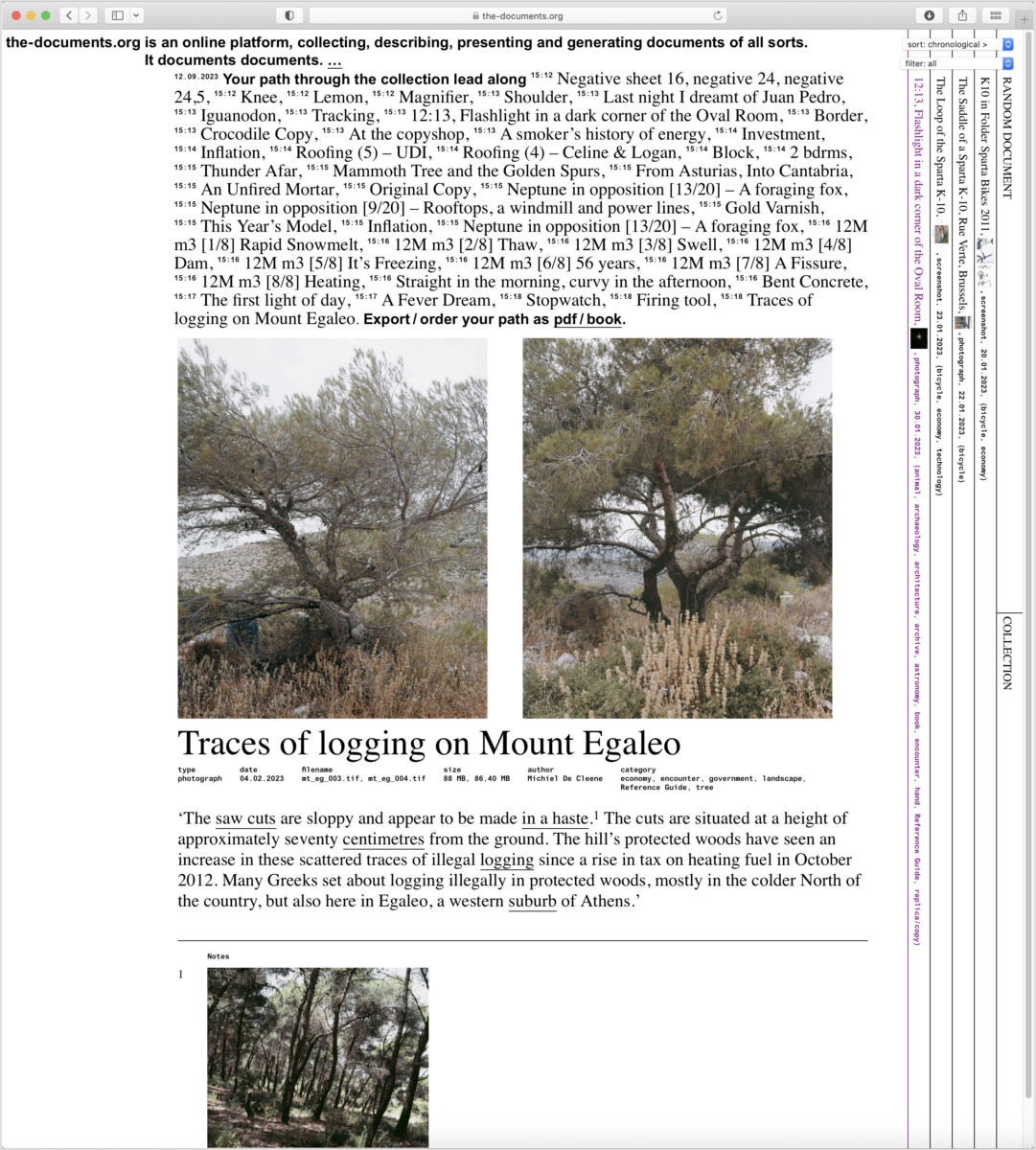
The-documents.org gathers documents and provides them with a short textual description, explanation, or digression, written by multiple authors. Regularly, new files will be added, and old files will be altered. In Paper Knowledge, Lisa Gitelman para-phrases ‘documentalist’ Suzanne Briet, stating that ‘an antelope running wild would not be a document, but an antelope taken into a zoo would be one, presumably because it would then be framed – or reframed – as an example, specimen, or instance’. The files gathered on this website are all documents – if they weren’t before publication, they now are. That is what this website, irreversibly, does. It is a zoo turning an antelope into an ‘antelope’.
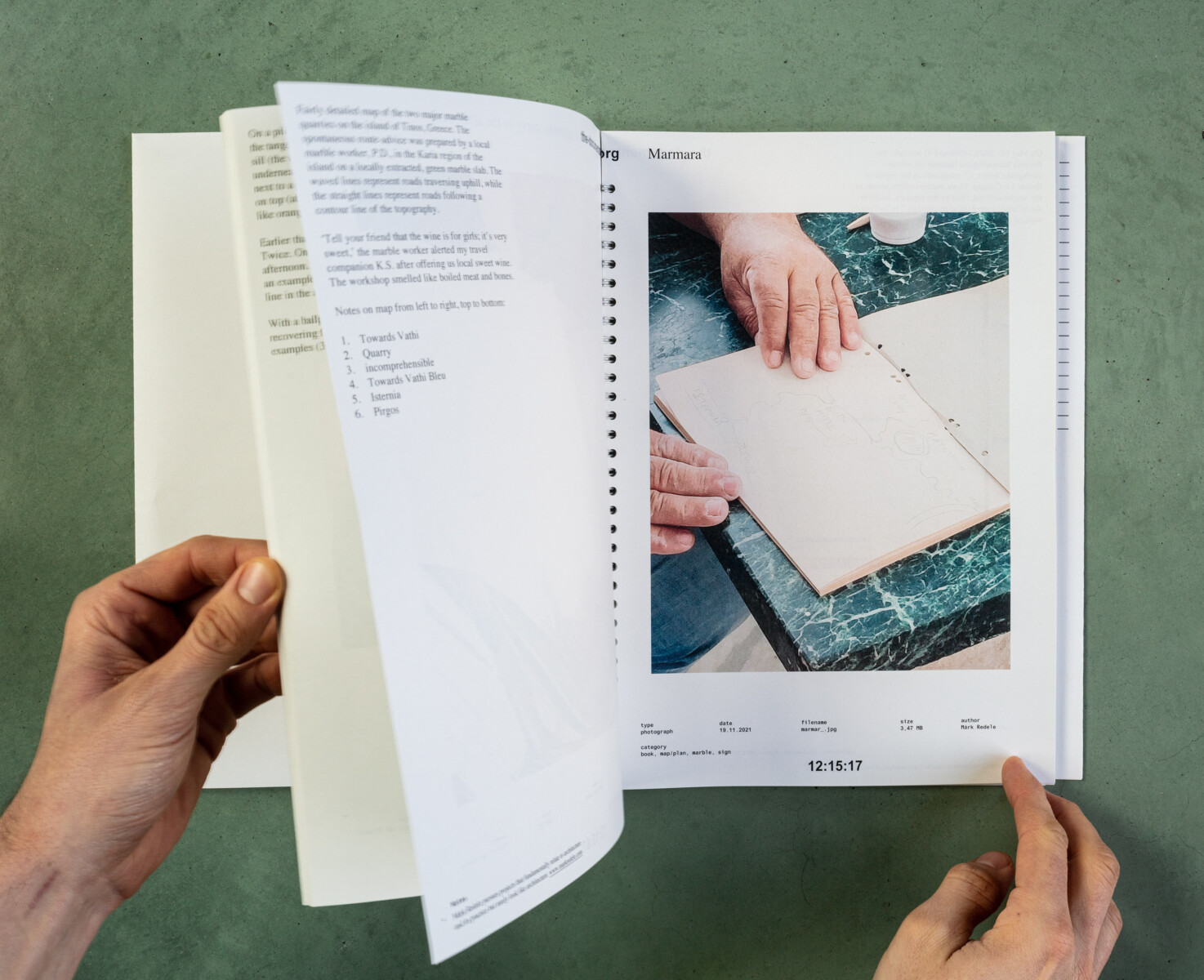
Navigating the website can be done in different ways. There are links in the textual descriptions leading to other documents; there is a collection of all files published; the website allows users to filter and arrange files based on themes, authors, types, etc. A visitor can hit ‘random’. As the visitor makes his/her/their way through the collection, the-documents.org tracks the entries that have been viewed. It documents the path through the website. The path can be saved digitally, printed at home, or ordered as a book. As such, the time spent on the-documents.org turns into a new document.
Text: Michiel & Arnout De Cleene.
Gitelman, L. Paper Knowledge. Toward a Media History of Documents. Durham/London: Duke University Press, 2014.
Oxford English Dictionary Online. Accessed on 13.05.2021.



